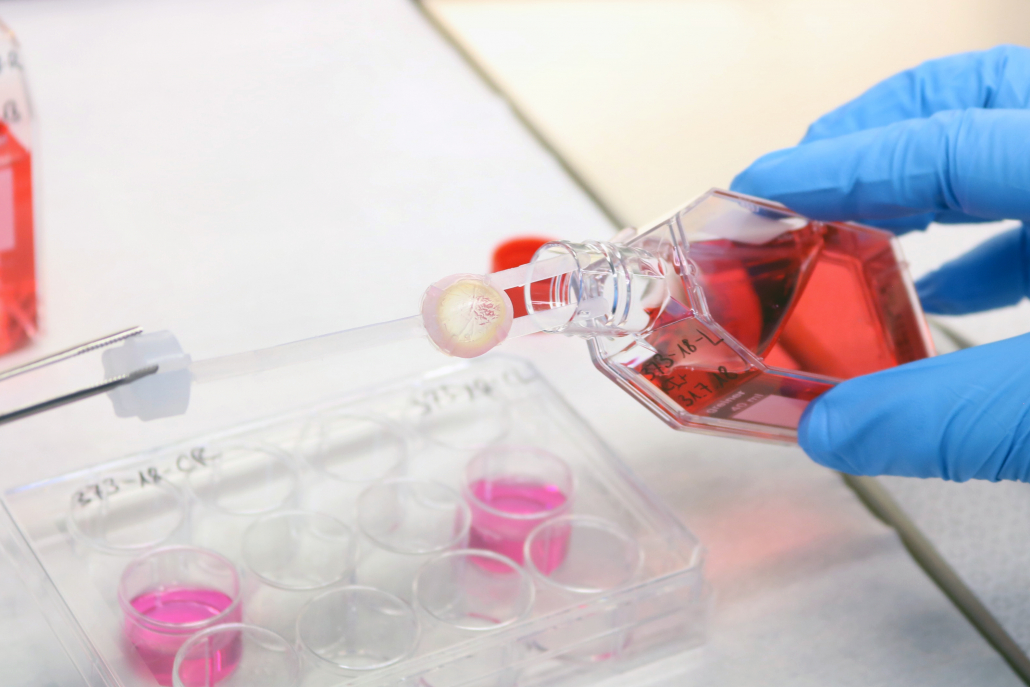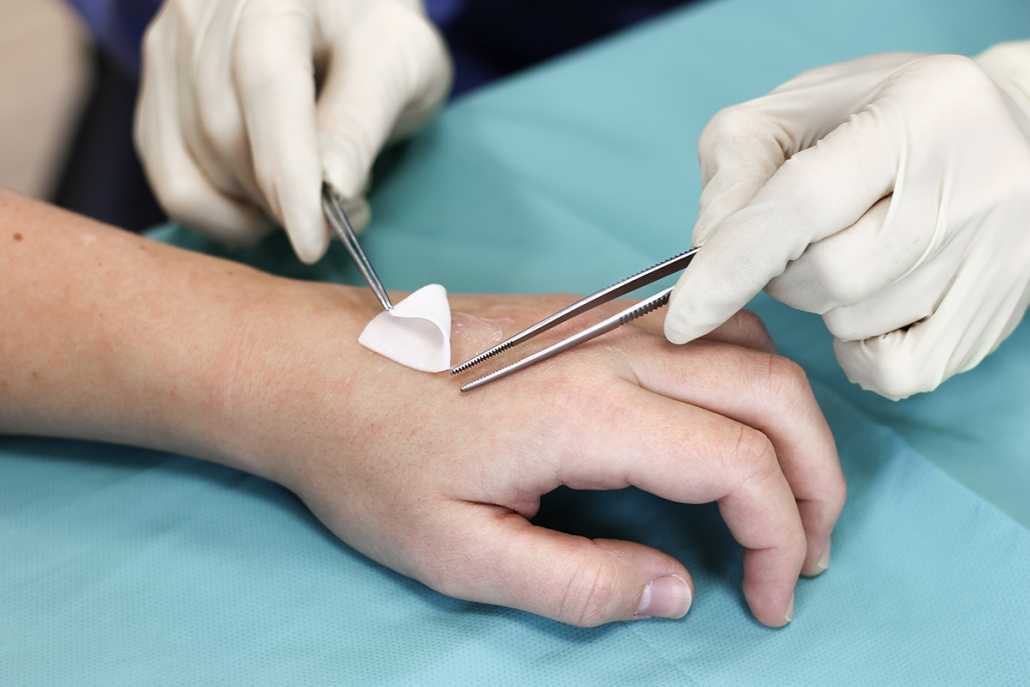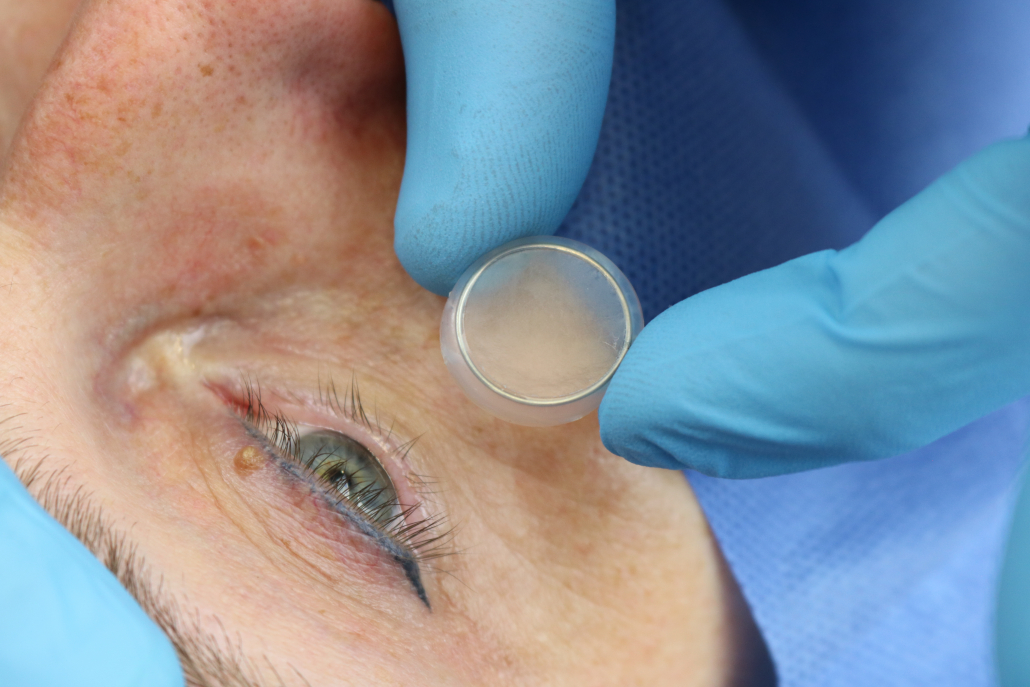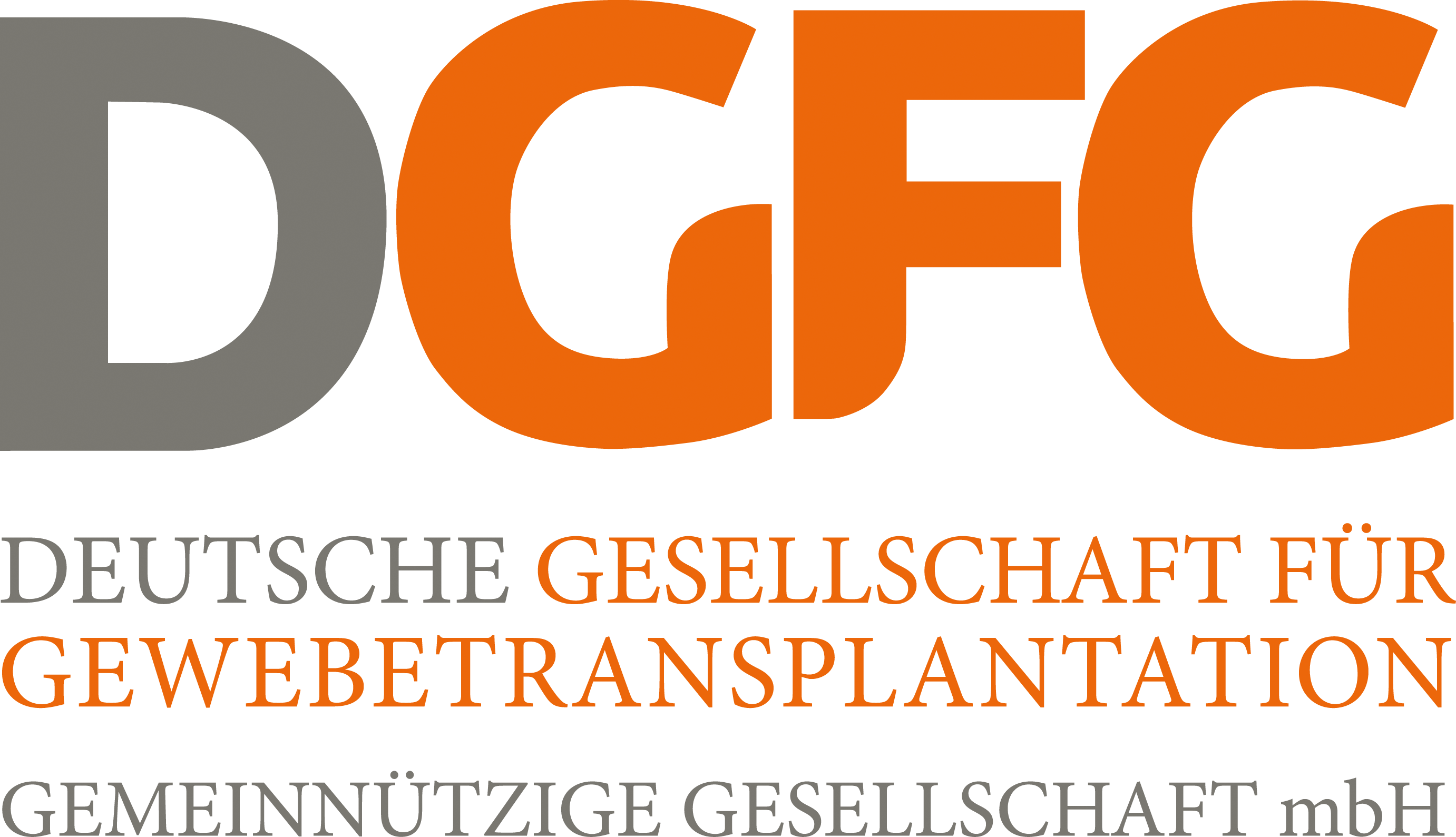DGFG Annual Report 2020: Improved tissue donation in 2020 – even during coronavirus pandemic
Hanover, 28 June 2021 – More people receive urgently needed transplants from tissue donation: For 2020, the German Society for Tissue Transplantation (DGFG) again reports an increase in activity with 2,816 tissue donations (2019: 2,764) and 6,364 tissue transplants provided to patients (2019: 5,585). Considering the challenges caused by the Corona pandemic, this is an unexpected result especially as the first lockdown in Germany during spring 2020 temporarily decreased the donation and transplantation of tissue.
Annual Report 2020
Read more about important developments in tissue donation, processing, and transplantation in the DGFG network in this summary report.
“Corona presented us all with unfamiliar challenges. Seldom has the confrontation with death appeared so close and ordinary as it did in these times. That is why I feel absolute humility that, despite the global exceptional situation, so many people or their relatives were aware of tissue donation and agreed to donate in 2020,” emphasises Martin Börgel, Managing Director of the DGFG.
The high level of tissue donation maintained in 2020 was not to be expected due to the first lockdown in Germany during the spring. By the end of March, tissue donation and procurement rates had fallen by almost 25 per cent within the DGFG network. Canceled operations, lack of capacity in clinics and the precautionary exclusion of COVID-19 positive deceased potential donors continued to limit donation and transplantation. Nevertheless, thanks to a flexible and resilient network of donor hospitals, tissue banks and transplanting institutions and their collaborative efforts, the DGFG was able to supply patients with tissue even during the global public health crisis.
Donating tissue after death: rarely an issue in families
The increased awareness of health issues among the population in Germany as a result of the pandemic is also reflected in the increased donation consent rate of almost 41 percent. Nevertheless, the topic of tissue donation continues to receive too little attention in our society. As a result, thousands of patients are still waiting for a transplant.
In the event of a death, the network of DGFG coordinators are on hand to inform relatives about the possibility of tissue donation. Last year, the 50 DGFG coordinators conducted almost 7,500 next of kin interviews, with consent to tissue donation being obtained 3,046 times. If the deceased did not decide for or against tissue donation during their lifetime, their relatives are given the opportunity to consent to donation. In 2020, this was the case in more than two thirds of the conversations – an additional burden in time of mourning for the relatives.
The subject of death, and what should happen to one’s body after they die, is still a taboo discussion in many families. The coordinators try to take away this anxiety from the relatives. Börgel pleads: “Don’t be afraid of the topic of tissue donation at the dinner table and share your thoughts and opinions with your loved ones”. The declaration of intent with regard to donation can be stated in writing in the organ and tissue donor card or in the living will.







 DGFG
DGFG
